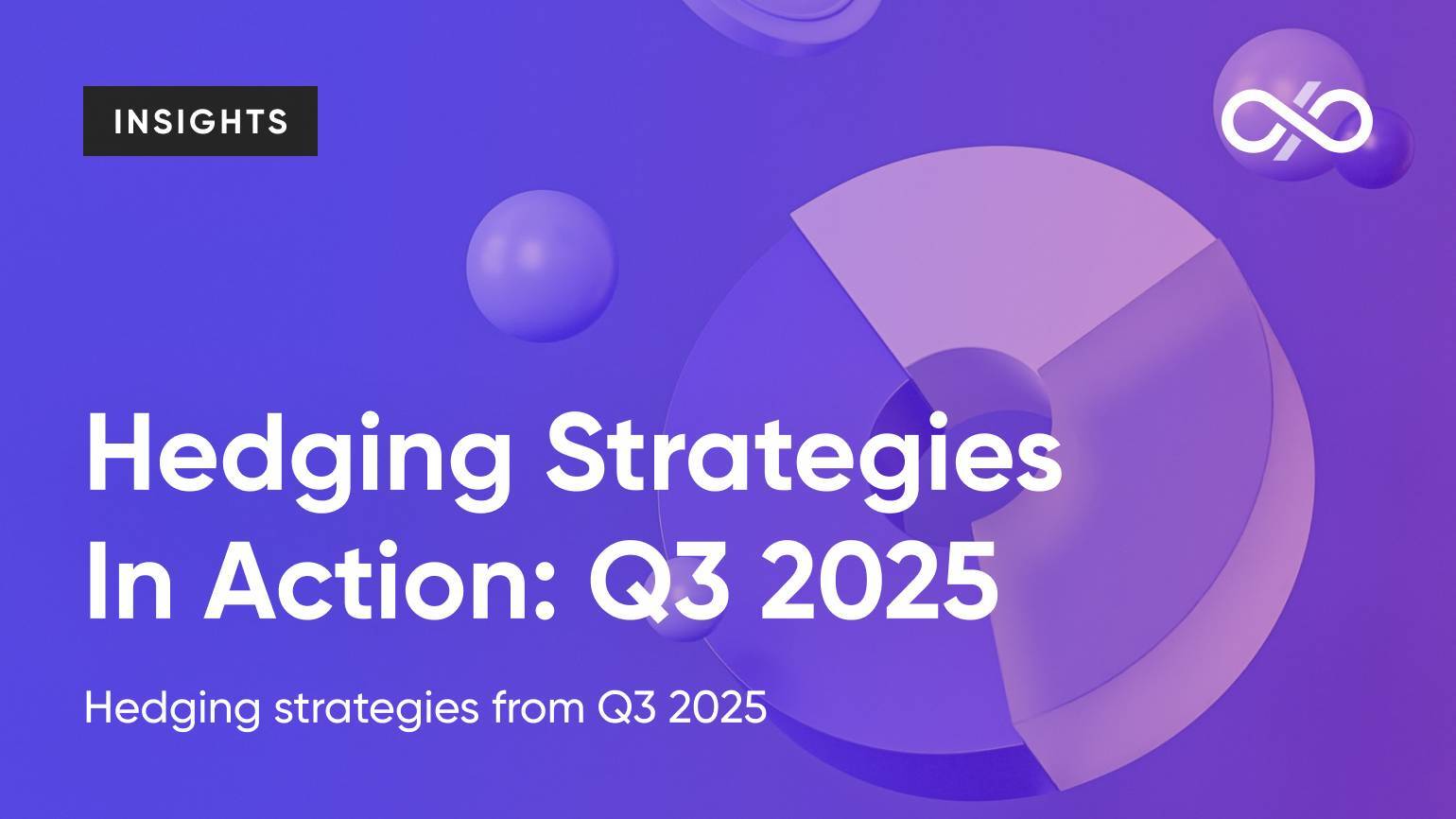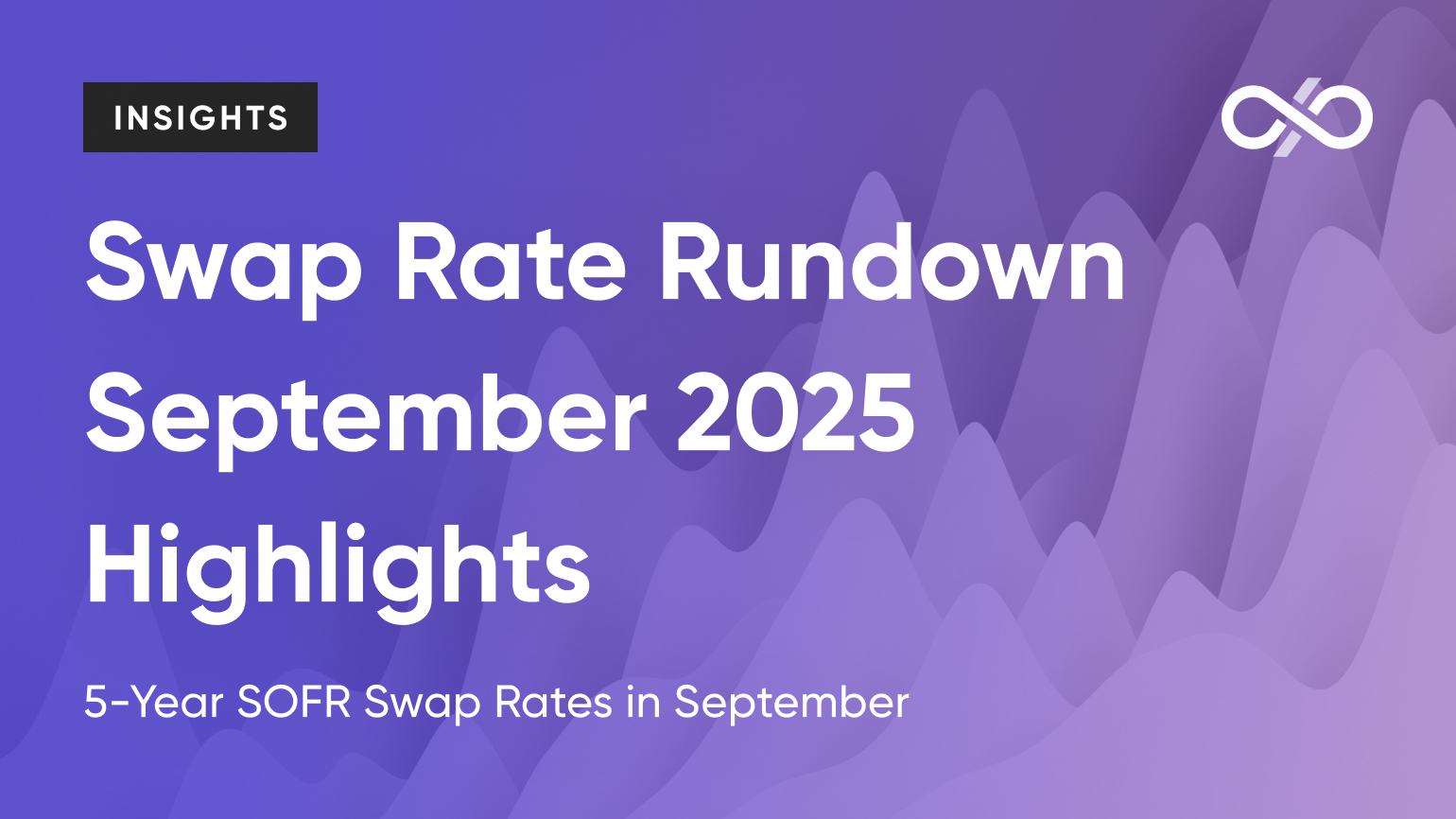Newsletter
Market news and analysis
Stay informed with the latest market trends and insights
Insights
Explore more from Derivative Path
November 5, 2025
Hedging Strategies in Action: Q3 2025
October 3, 2025




